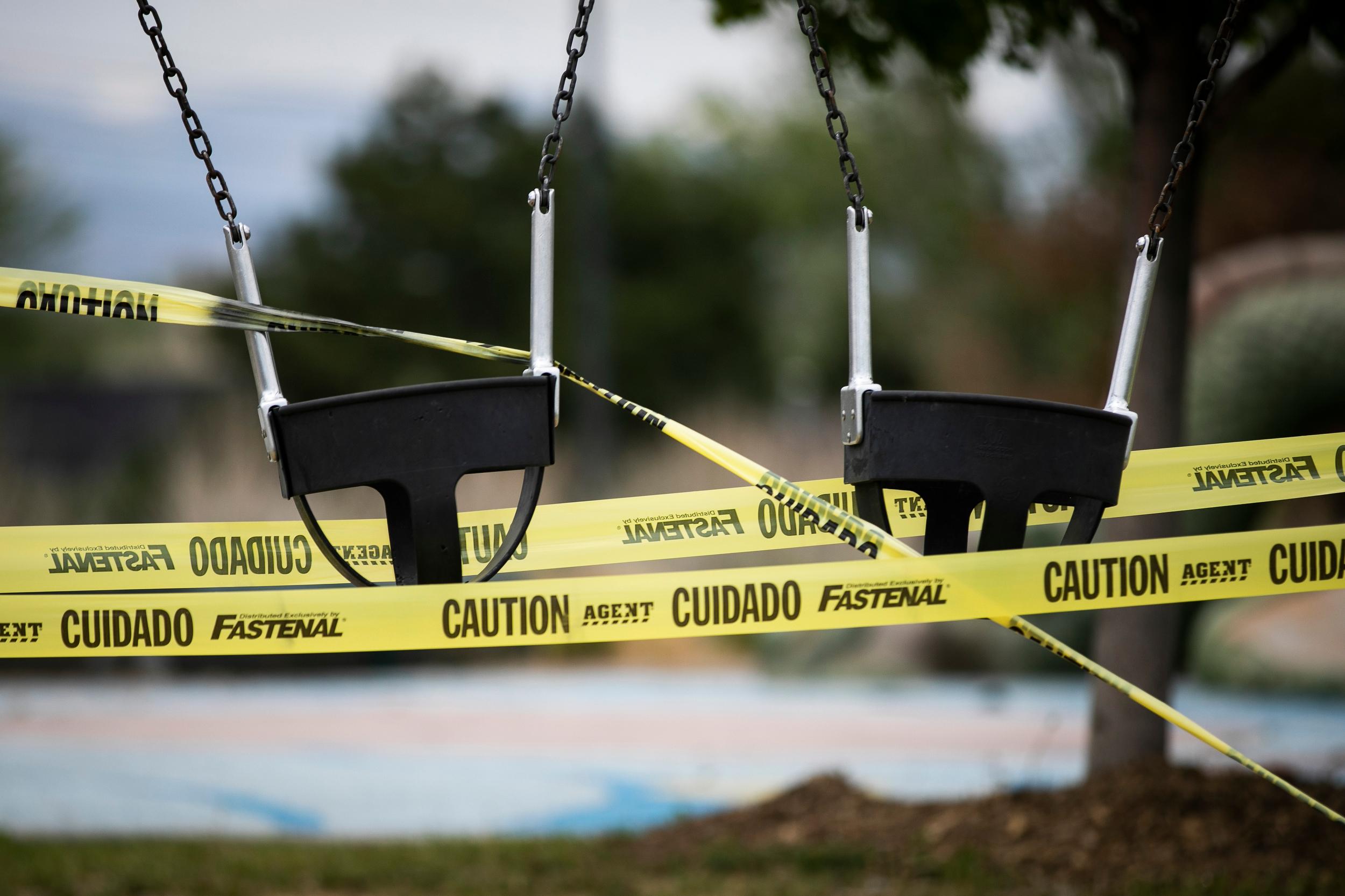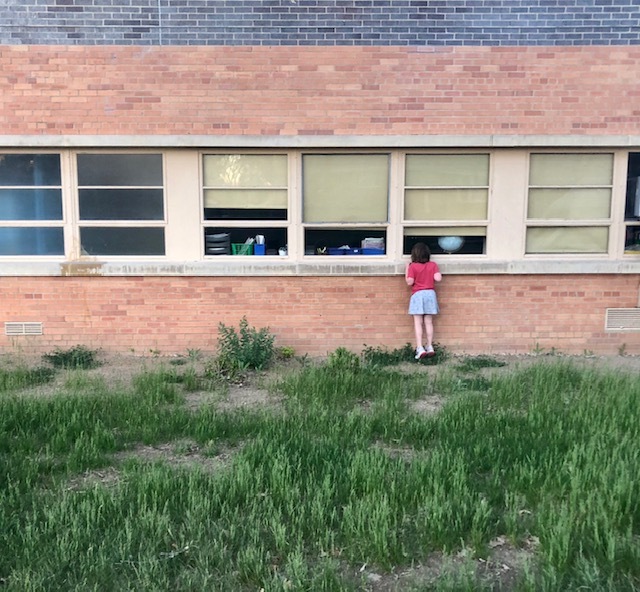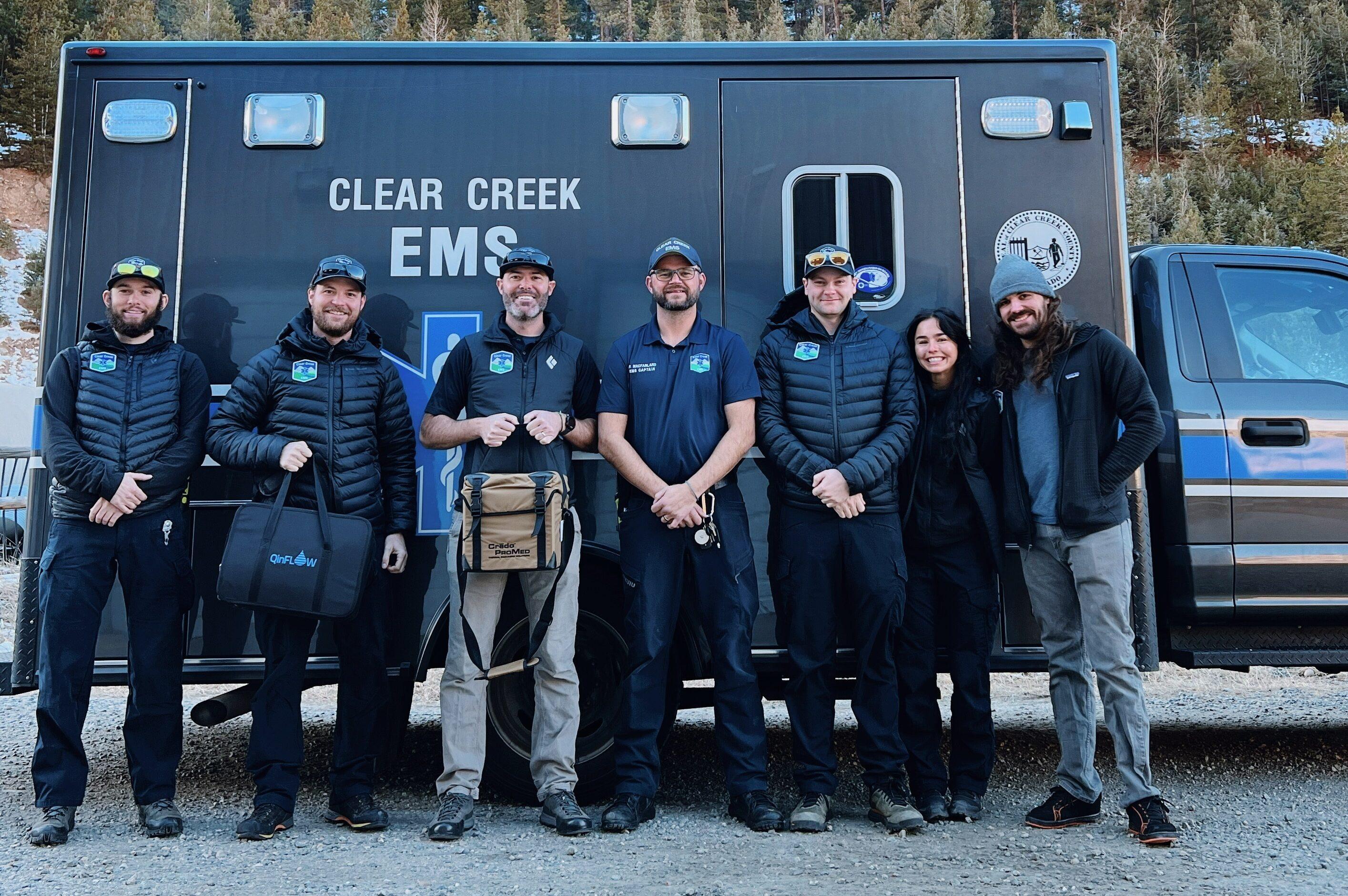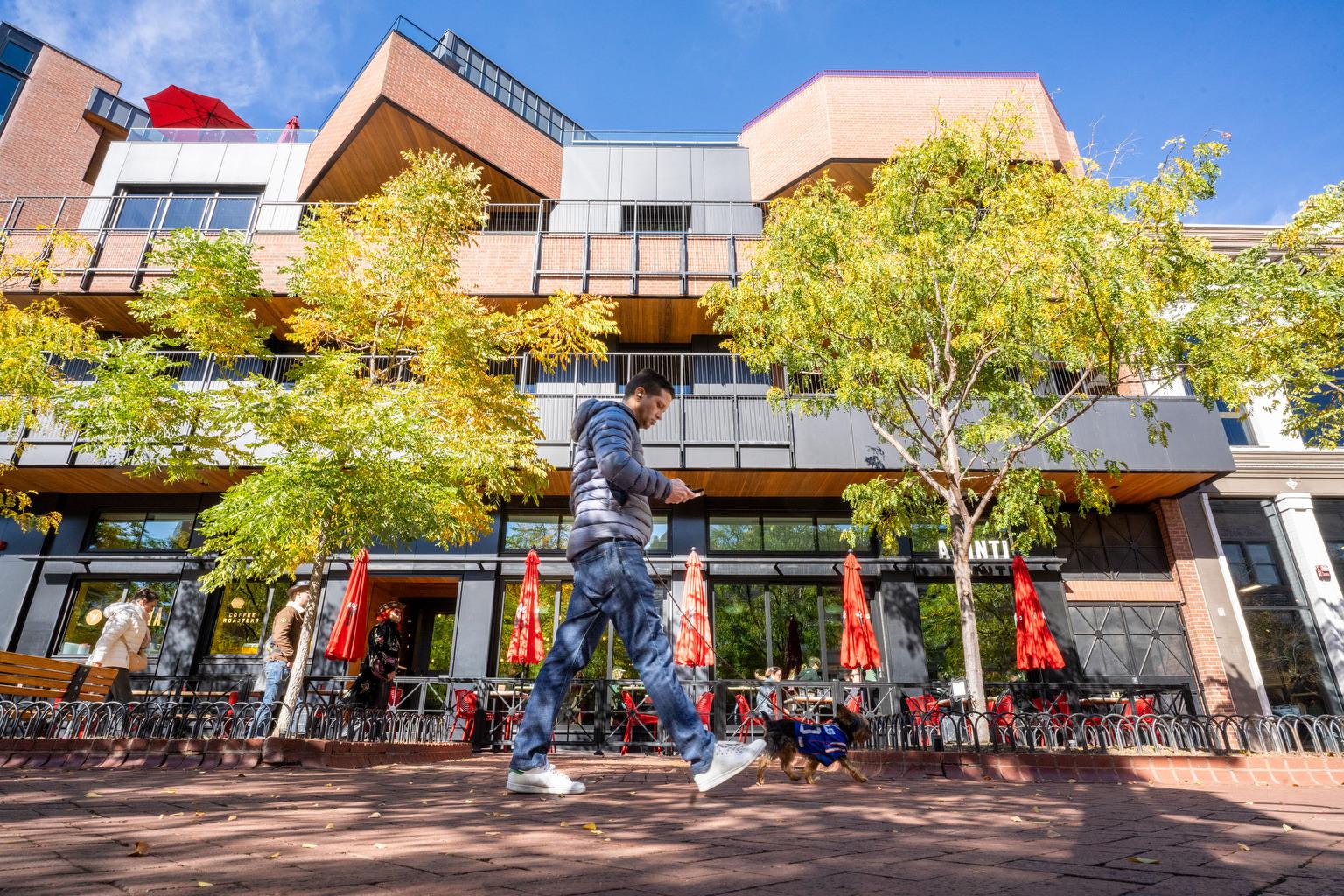
They’re starting to happen now — those socially distanced block parties where neighborhood parents get together and trade stories.
In the middle of the COVID crisis, you might hear a couple of common concerns: What to do with a normally happy kid whose meltdowns signal emotional trouble, or how to avoid a “summer slide” in learning after a weird end to the school year.
We’ve got some expert tips on both counts. For helping your kids cope with their stress, we brought in mental health counselor Craig Knippenberg, a therapist who writes about children’s development and behavior.
We also talked to Elizabeth Dutro, chair of literacy studies at the CU-Boulder School of Education for tips on summer activities — or “passion projects,” as she calls them.
Helping Your Child Cope Emotionally
Science says bring on some extra hugs
“I encourage parents and their kids to have a lot of physical touch, because kids are missing out on touch and that really develops your feeling of wellbeing.”
People react to stress with a hormone called cortisol that hits the bloodstream and generates a physical “flight or fight” response. Knippenberg says you can get rid of cortisol by triggering other body chemicals that create a sense of wellbeing. For kids, playing with friends can boost those levels. When they can’t be around other people as much, the family needs to fill in.
Make good memories
“Find ways to make some fun adventures out of this that you’ll also remember.”
We’re back to cortisol here. It creates memories of bad experiences, so you won’t get in trouble again. Knippenberg says COVID-era memories will last a lifetime, so it’s important to create a balance.
When your kid says, “How come Johnny gets to play and I don’t?”
“Find another kid whose parents sort of have the same level of health care you do.”
Kids literally need to play, but families have different tolerance for risk. Find other families who are using the same amount of caution you are, match the kids up and then supervise to make sure there’s no rough and tumble play.
When a child is too young to tell you what’s troubling them
“Art is a great thing if they’re able to draw a little picture of their feelings.”
A normal schedule will help too, hard as that can be for working parents.
Try a hope jar
“As each day or week goes by, you kind of line them up like a staircase and say, ‘Hey, let's see if we can maybe do this one and then we'll move up to the next one.’”
Have children write down things they want to do sometime soon — a trip to the ice cream store, a play date, whatever.

Avoiding The “Summer Slide”
Bring on the “passion”
“If it’s ‘Frozen,’ if it zombies, if it's unicorns, if it's animals, this is a time for a child to just run with their passion.”
Now’s the time to give kids more freedom than ever to explore, Dutro says. Let your child take a deep dive into something and go along with them for the ride. It could be building themed Legos, dressing up in costumes or playing video games.
Find a pen pal
“It’s a thrill to get something in the mail.”
Older kids can write letters and younger ones send pictures, especially to people they miss seeing. And they’re learning skills they need. (We won’t tell.)
And, yep, let the kid have a (bad) moment
“Kids may have trouble, they may need to tune out (and) have some meltdowns.”
Like everybody else, kids are feeling trauma and they need understanding.
_








